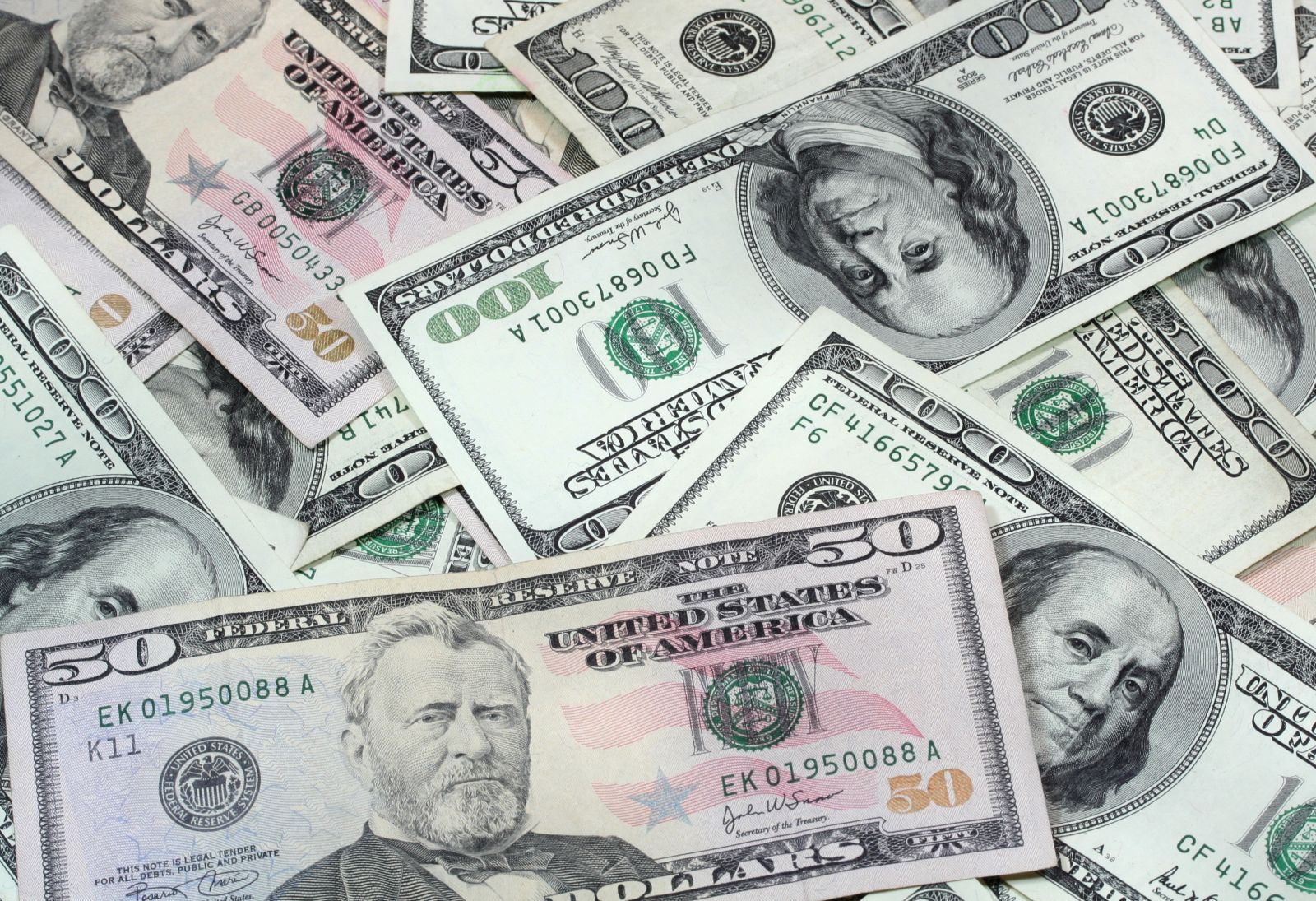
The markets were closed on Monday for Martin Luther King Jr. Day, which also marked the inauguration of Donald J. Trump, the 47th president of the United States.
Regardless of your politics, yesterday was a day for reflection and analysis. Investors nationwide are trying to figure out what Trump’s every move will mean for the country, the economy, and, most importantly, as it pertains to Barchart, the stock markets.
It was a zany day when billionaires were given preferential seating in the Capitol Rotunda as the president was sworn in for his second and final term. As a Canadian, I’m not confident that his four years will benefit anyone, but I’m prepared to reserve judgment for later.
I digress.
I’ve chosen B. Riley Financial (RILY), the troubled Los Angeles-based investment bank, as a new entrant into Barchart’s Bottom 100 Stocks to Buy. It enters the bottom 100 in the 81st spot, with a weighted alpha of -66.96 and a 52-week change of -74.9%.
There are reasons why RILT stock might be uninvestable, and I’ll briefly discuss those. However, if you’re a deep-value investor, you can’t help but be intrigued by the opportunity, given that it trades in penny-stock territory.
B. Riley’s Biggest Bet Goes Bankrupt
If you’re unfamiliar, B. Riley’s financial and legal troubles stem from the 2023 deal to take Franchise Group Inc. (FRG) private for $2.8 billion. Former FRG CEO Brian Kahn, a long-time investment bank client, teamed up with the company to do the buyout.
A “confluence of events” is how B. Riley Chairman and C-CEO Bryan Riley described FRG’s fall into bankruptcy in November with almost $2 billion in debt.
“‘FRG’s bankruptcy is a confluence of events that ultimately derailed our original investment thesis,’ B. Riley co-founder and Chairman Bryant Riley said in an email to employees. ‘Unfortunately, the investment was devastated by the precipitous decline in consumer spending in the markets served by the FRG brands, and the fallout and uncertainty from the Prophecy scandal and the related federal investigation into Brian Kahn,’” Bloomberg reported on Nov. 3.
The bankruptcy forced B. Riley to sell some assets and raise cash to alleviate its creditors’ concerns.
You Are Who You Associate With
A more significant issue than the company's financial loss is the significant dent in its reputation as a trusted and knowledgeable capital advisor.
The scandal mentioned in the previous quote involved New York-based Prophecy Asset Management co-founder and chief compliance officer John Hughes defrauding clients of $294 million. On Nov. 11, Hughes pleaded guilty to conspiracy to commit securities fraud. Prophecy was in business for over five years, from January 2015 to March 2020. At its height, prosecutors said it had $360 million in assets under management.
Hughes testified that Kahn was a co-conspirator in the fraud. As far as I know, Kahn remains uncharged. The former head of FRG maintains that he was a victim who lost money and had no knowledge of Hughes's fraud.
B. Riley and Bryant Riley maintain that they were unaware of the Prophecy situation or Kahn’s alleged involvement.
It remains to be seen if B. Riley can rebound from the double whammy.
On Jan. 14, B. Riley filed its Q2 2024 10-Q with the SEC, stating it would soon file 2024’s third-quarter results. This returns it to the usual timing for 10-Q and 10-K filings.
B. Riley's operating loss was $220.3 million in the second quarter, most of which was due to the write-down of the fair value of its $200 million loan to Kahn, which was based on FRG shares he provided as collateral. Those shares are now worth $2 million.
The company said it had $257 million in cash as of the end of 2024.
Is B. Riley Uninvestable?
Bryant Riley doesn’t think so.
“As we look to the future, we believe B. Riley is positioned for stronger performance in 2025 thanks to the actions we have taken over the past several months to monetize non-core assets and deleverage our balance sheet… With our balance sheet in a stronger position, we expect to once again invest in our core financial services businesses. We have maintained strong net capital levels in our broker dealer and believe we are well positioned to capitalize on the expected recovery in the small- and mid-cap equity markets,” Riley stated on Jan. 14.
Looking at its core business, the company generated $248.0 million in services and fees revenue in the second quarter of fiscal 2024, 7.7% higher than the previous quarter. Four out of six segments grew their services and fees revenue in Q2 2024.
Over the past 10 fiscal years, the company’s total revenue in 2023 was the second-highest, at $1.31 billion, $98 million less than the highest, at $1.41 billion, in 2021.
If you remove the FRG debacle, which is admittedly tough considering B. Riley is supposed to be a financial expert and able to sniff out bad investments, the core businesses will remain strong, as Riley maintains.
While I wouldn’t put your education fund in RILY, you might consider this option to play to sow your wild oats.
In December 2021, RILY stock brushed with $90. While I don’t think it will get back there anytime soon, a $193 bet isn’t much for two years' time decay. I don’t know if it can double in 24 months, but as long as things don’t get too much worse for Bryant Riley and the firm on the FRG front, it’s built a nice little business.
I agree with the Chairman and co-CEO. Despite the near-term headwinds, it is investable. That said, risk-averse investors should stay away.







